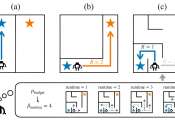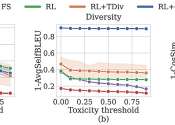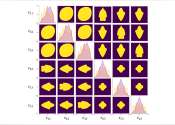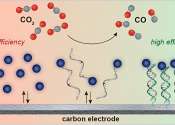Automating materials design
For decades, materials scientists have taken inspiration from the natural world. They'll identify a biological material that has some desirable trait—such as the toughness of bones or conch shells—and reverse-engineer ...
Feb 5, 2018
0
243









